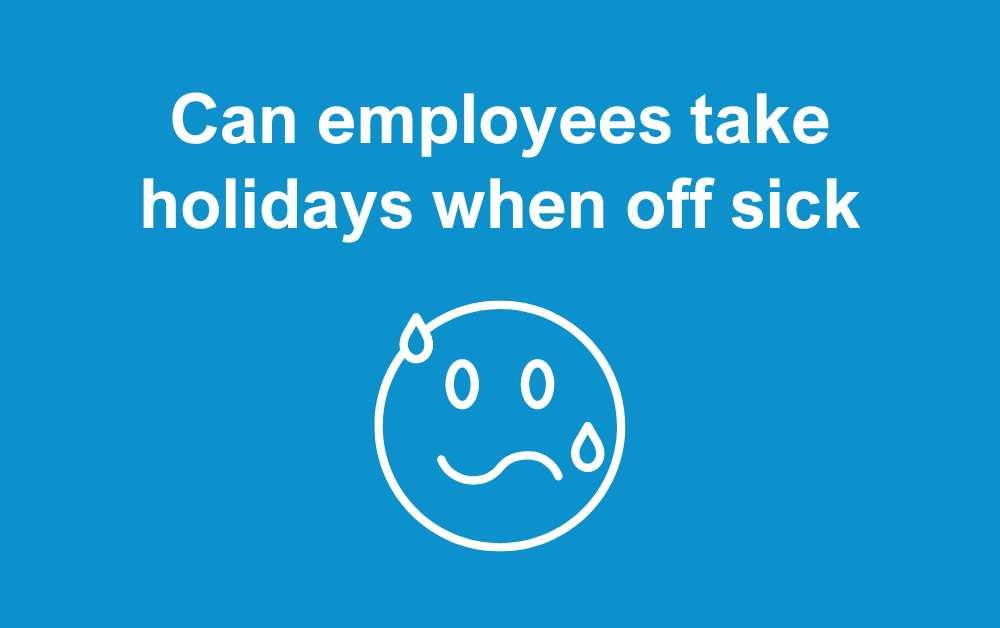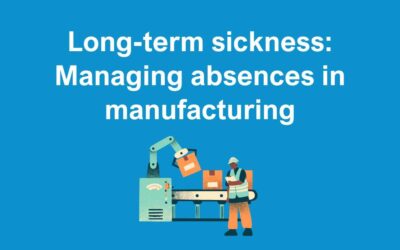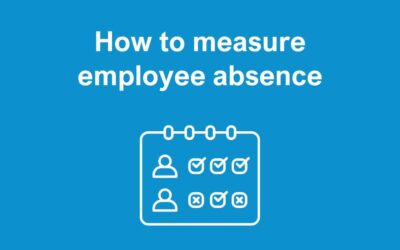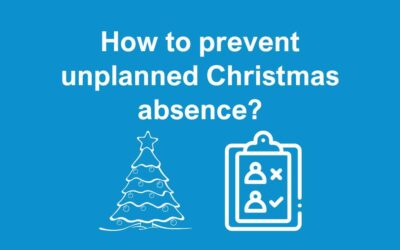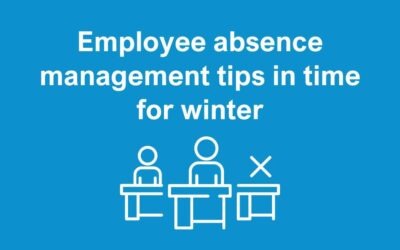Managing employee absences can be tricky for both employers, especially when it involves balancing holiday entitlement and sickness. A common question that arises in the workplace is whether employees can take annual leave while they are off sick. The short answer is yes, but there are important details and considerations for both parties.
Understanding Holiday Entitlement and Sickness Absence
Statutory sick leave is granted when an employee is unable to work due to illness, during which they may receive Statutory Sick Pay (SSP) if eligible. Holiday entitlement, on the other hand, is the paid time off work that employees are entitled to each year
The legal framework governing holidays and sick leave in the UK is primarily outlined in the Working Time Regulations (WTR) 1998, which ensure that employees are entitled to a minimum of 5.6 weeks of paid annual leave each year. This entitlement remains unaffected even when an employee is on sick leave.
It’s essential to understand that annual leave accrues during periods of sickness absence, meaning that employees do not lose their holiday entitlement while they are unwell.
Can an Employee Request to Take Annual Leave While Sick?
An employee can choose to take their holiday during a period of sickness absence. There may be various reasons for this, such as wanting to take a break and receive full holiday pay instead of being on Statutory Sick Pay (SSP), which is often lower than their normal earnings. Employees may also be off sick long term and a holiday might help with recovery.
However, the employee should follow the company’s usual procedure for requesting annual leave. The request must be approved by their employer in the same way it would be if the employee were not on sick leave.
If you approve your employee’s holiday request, sick leave can be paused while the employee takes their annual leave and they should receive their usual holiday pay. Once their annual leave has ended, sick leave can continue if they’re still not well enough to return to work
Carrying Over Annual Leave Due to Sickness
In some cases, employees may be unable to take their annual leave because of long-term illness. The law allows employees to carry over up to four weeks of unused holidays. The holidays must be used within 18 months from the date it’s carried over.
If an employee returns from long-term sick leave and has missed the chance to take annual leave, they are still entitled to take it or carry it forward.
Staff may not need to carry over any unused holiday if they return from sick leave and still have enough of the holiday year left to use their holiday.
If you would like further advice on long-term illness and how to manage this in your workplace, read our latest blog here.
What Happens If an Employee Is Sick During Their Holiday?
On the other hand, if an employee falls ill while on holiday, they must report their sickness to their employer if they want to take any holiday as sick leave. In this case, the employee would receive SSP or company sick pay (if applicable) rather than holiday pay. This allows the employee to reschedule their annual leave for a time when they are fit to enjoy it.
Employer Responsibilities
Employers have a responsibility to ensure that they are treating employees fairly when it comes to sickness and holiday entitlement. It’s important to have clear policies in place that outline how these situations will be handled. The policy should specify how employees can request annual leave during sickness absence, and how they should report illness that occurs during a holiday.
Moreover, employers should remain aware of the legal framework governing sick pay, holiday accrual, and employee rights to avoid any disputes or misunderstandings. Open communication between employees and employers is key to managing these situations effectively.
Although staff are able to request holidays while off sick, employers can’t force employees to take holiday instead of sick leave.
Return to Work
Employers must also take into account the balance of workloads upon an employee’s return from sick leave, possibly implementing a phased return or adjusting tasks to ease the transition back to work. Open communication, flexibility, and a well-defined policy can help employers manage both the employee’s welfare and business needs effectively, while avoiding any potential disputes or misunderstandings.
Conclusion
In summary, employees can take holidays while off sick in the UK, provided they follow the proper procedure for requesting annual leave. This can be financially beneficial for some employees who would prefer to receive holiday pay rather than sick pay. Employers, on the other hand, must ensure their policies are clear and legally compliant to manage these situations fairly. Both parties should stay informed about the rights and responsibilities surrounding holiday entitlement and sickness absence to avoid complications.
If you are unsure about your rights as an employee or your responsibilities as an employer, seeking advice can help ensure that everyone’s interests are protected. Contact our HR experts on our website now.

